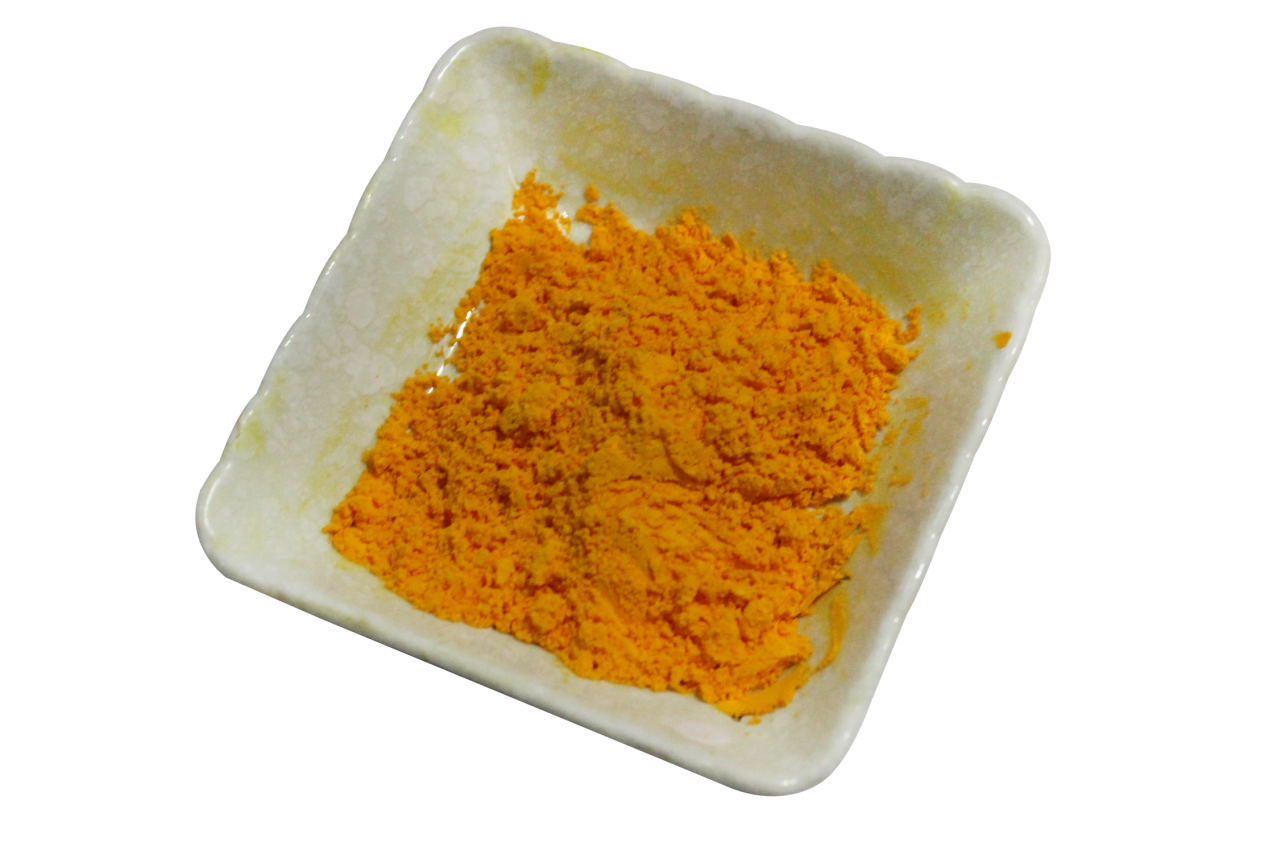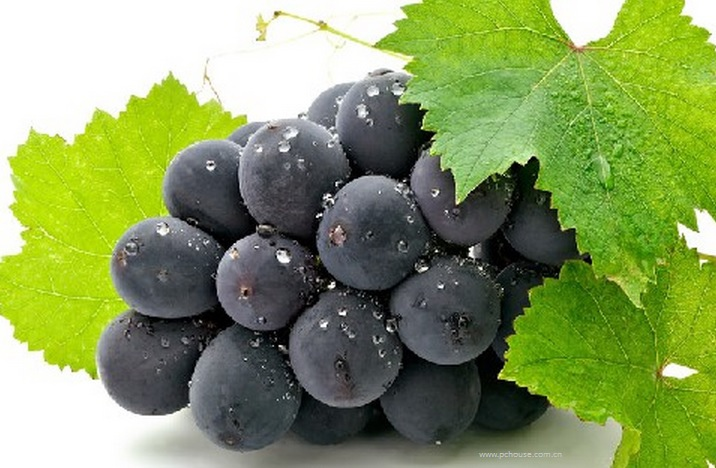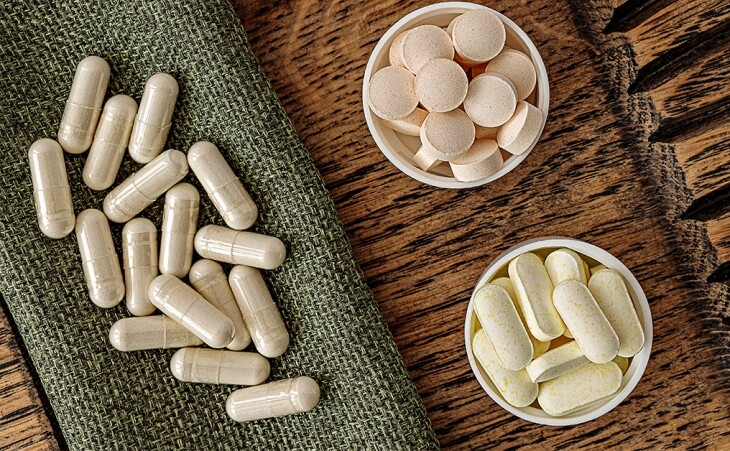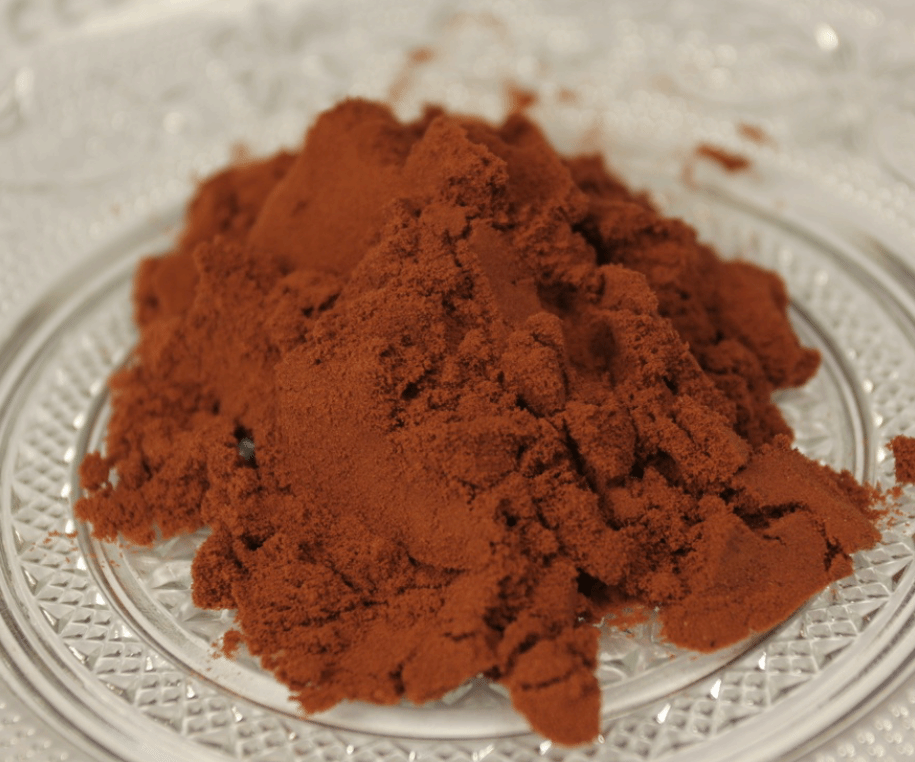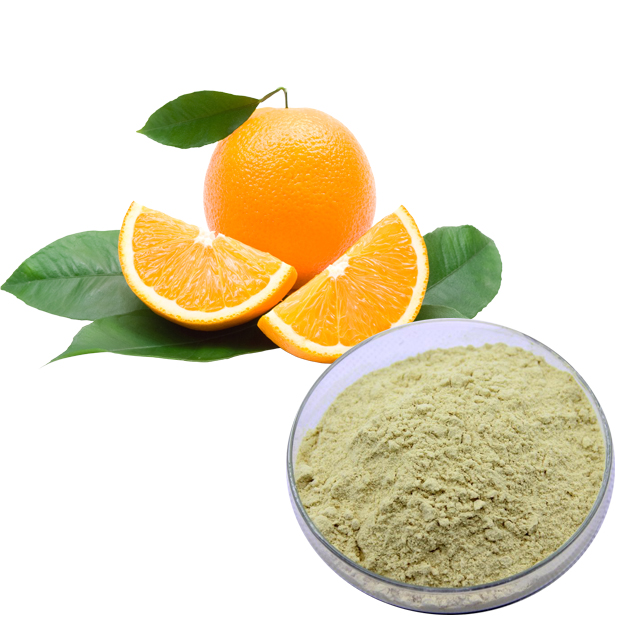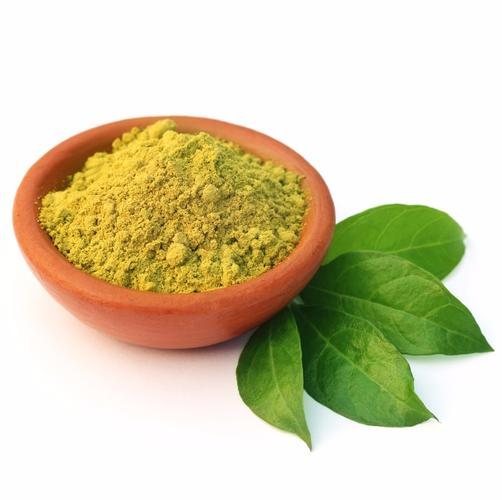What is chitosan?
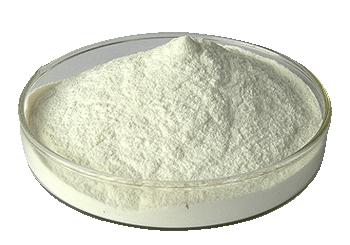
Chitosan is well-regarded for its biocompatibility and biodegradability, with degradation products generally being non-toxic and non-immunogenic to the human body. This makes it highly promising in the biomedical field, with existing and potential applications including artificial skin (wound dressings), surgical sutures, bone repair materials, anticoagulants, artificial dialysis membranes, drug formulations, and drug delivery systems.
In 1991, the academic community in Europe and America recognized chitosan as the sixth essential life element, following proteins, fats, carbohydrates, vitamins, and minerals. According to literature, chitosan offers numerous health benefits, such as boosting immune function, lowering cholesterol, reducing blood pressure and blood sugar levels, enhancing liver function, dilating blood vessels (thereby alleviating back pain), treating burns and wounds, accelerating wound healing, preventing stomach ulcers, and adsorbing and expelling harmful substances from the body. Additionally, chitosan can be used as a gelling agent, in biosensors, for synthesizing artificial organs (including skin, mucous membranes, tendons, teeth, bones), and as a weight loss supplement.
Chitosan's applications span multiple industries, with the fastest-growing demand in cosmetics, health products, and the food industry. Its uses are also expanding in medicine, chemical engineering, papermaking, agriculture, environmental protection, and light textiles. Due to its abundance, affordability, and safety, research into chitosan applications continues to deepen globally. In the coming years, we can expect significant advancements in the development and utilization of chitosan both domestically and internationally.
Contact:James Yang
Tel/WhatsApp: +8619992603115
WeChat:19992603115
Email: sales@xabcbiotech.com



